“A rose by any other name” may smell as sweet, but don’t let its color fool you. Those petals are trying to tell you something, and it’s not always romantic.
The Language of Flowers
You’ve probably heard that “a rose is a rose is a rose,” but while perfectly poetic, the Victorians wholeheartedly disagree. Though people didn’t necessarily send secret messages through bouquets, the meanings were still important during the Victorian era. We think this bit of historical trivia is pretty charming, so we explored this flower dictionary so you know exactly what you’re getting into if you give flowers this Valentine’s Day.
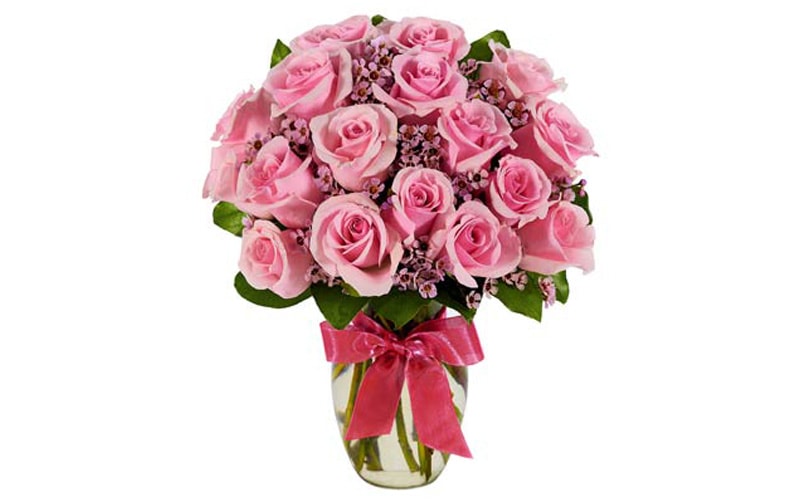
Light Pink Roses
Deliver the gift of “grace” when you send a friend these sweet blooms.
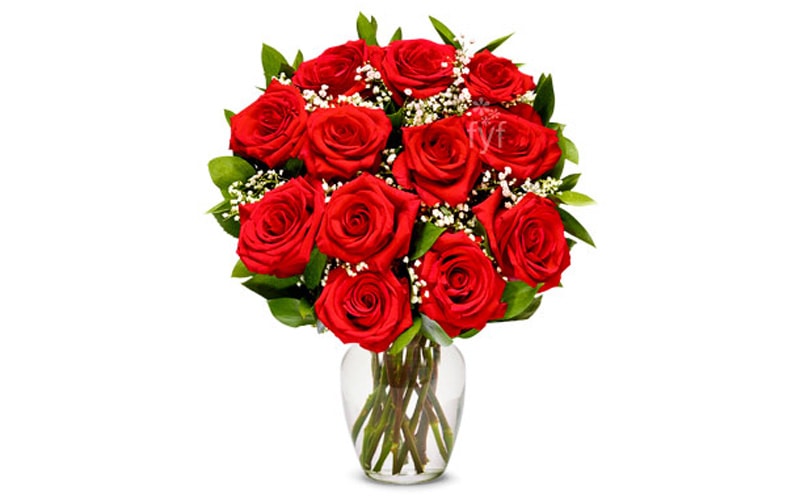
Red Roses
If you planned on delivering this classic choice to your significant other, you’re in luck. It means “love.”
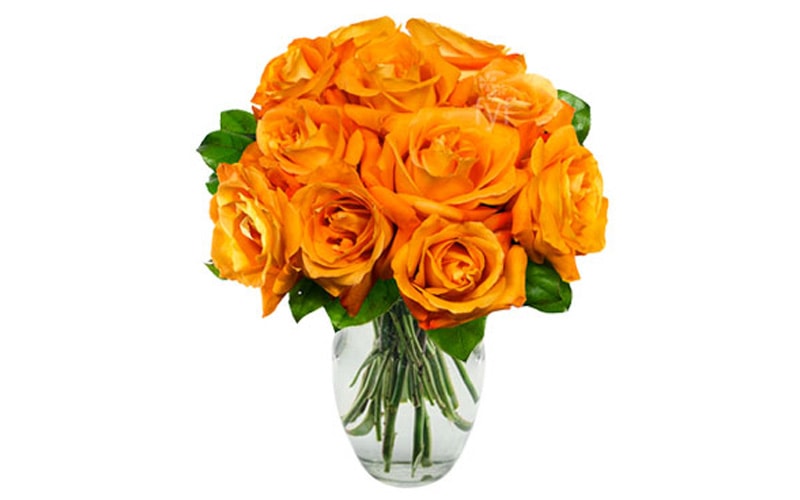
Orange Roses
An energetic, curious color comes with a meaning to match: “fascination.”
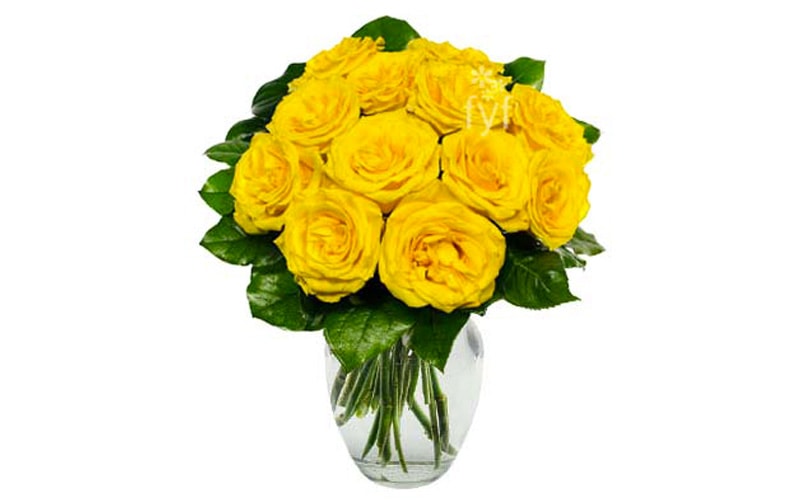
Yellow Roses
You wouldn’t think it cruel to gift someone a bouquet, but these sunny flowers imply “infidelity.”
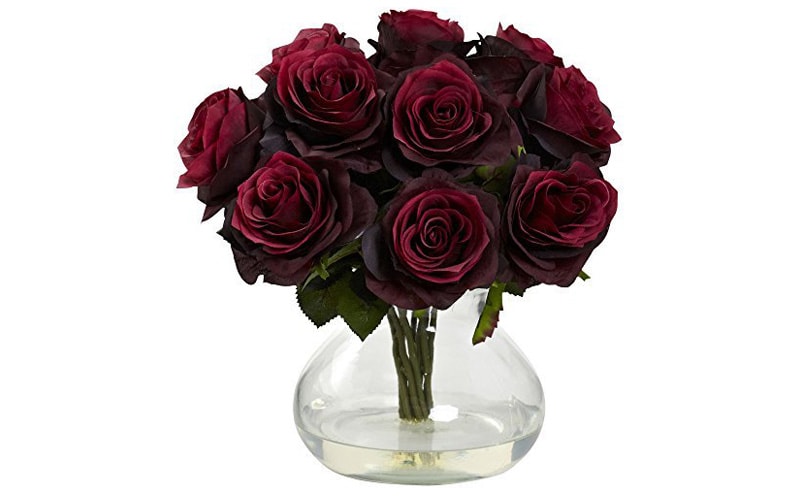
Burgundy Roses
Though it may not be as striking as the classic red rose, this deeper shade is more subtle and represents “unconscious beauty.”
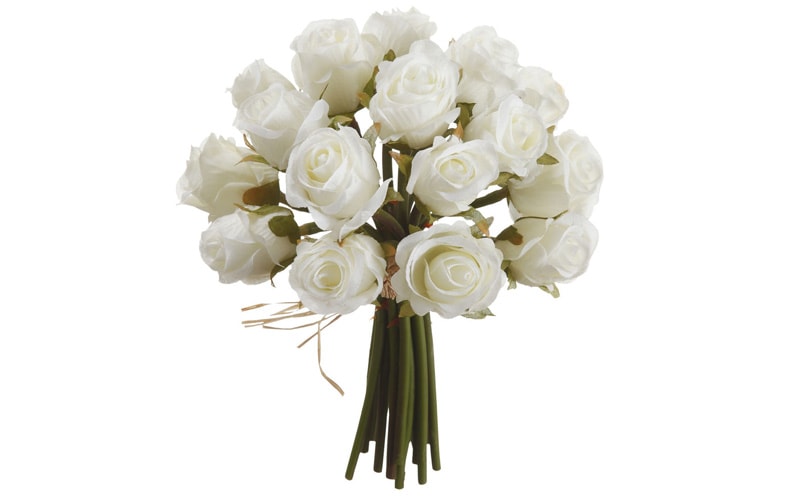
White Roses
But maybe save these babies for a melancholy moment. They mean “a heart unacquainted with love.”
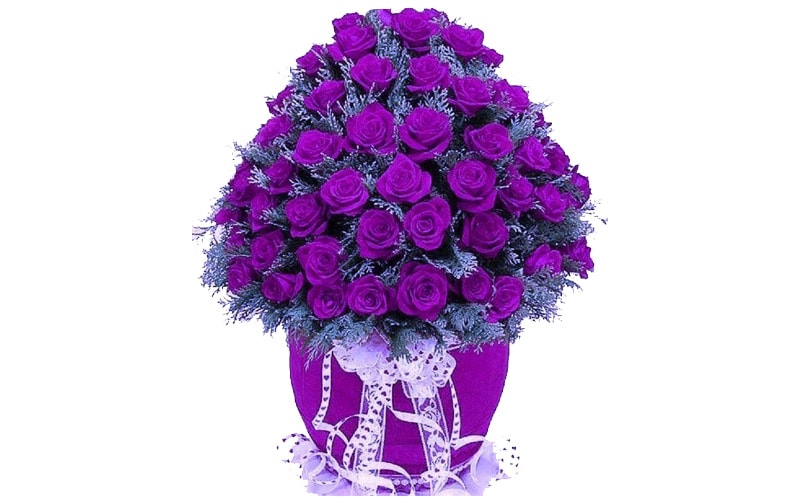
Purple Roses
A quirkier hue calls for a quirkier meaning; violet shades lend themselves to “enchantment.”
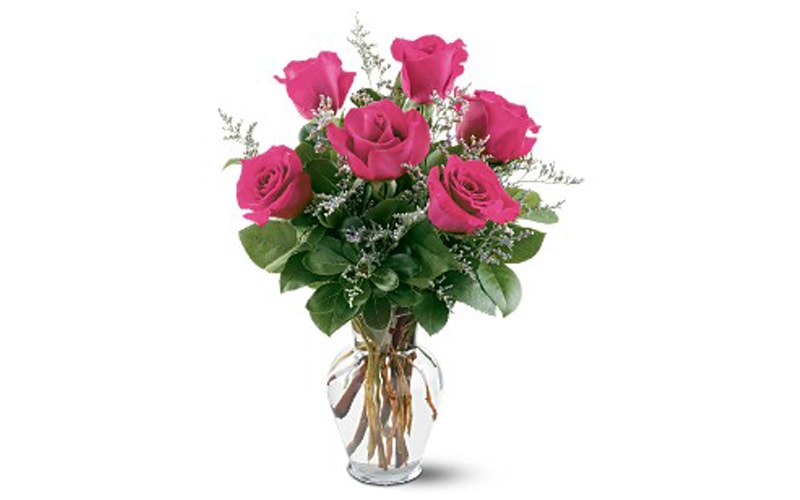
Dark Pink Roses
A light blush hints at grace, but a more intense hue signifies “gratitude and appreciation“.
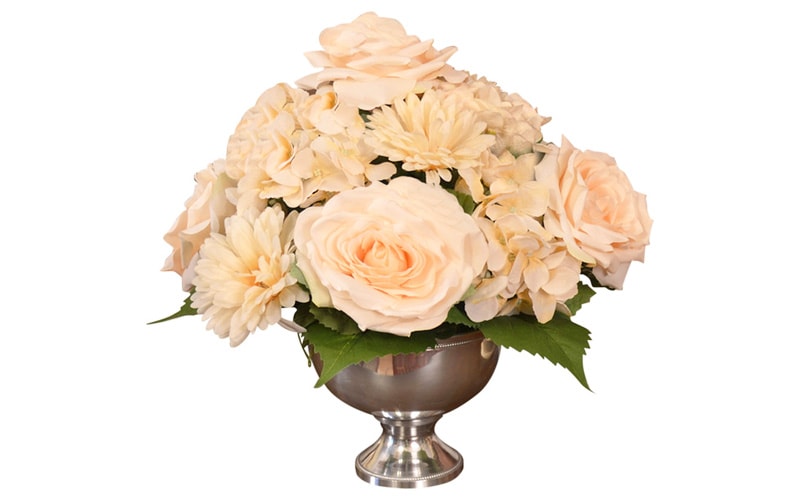
Cream Roses
Don’t be fooled — an off-white takes on a different definition than its starker cousin.
Reference: Good House Keeping
